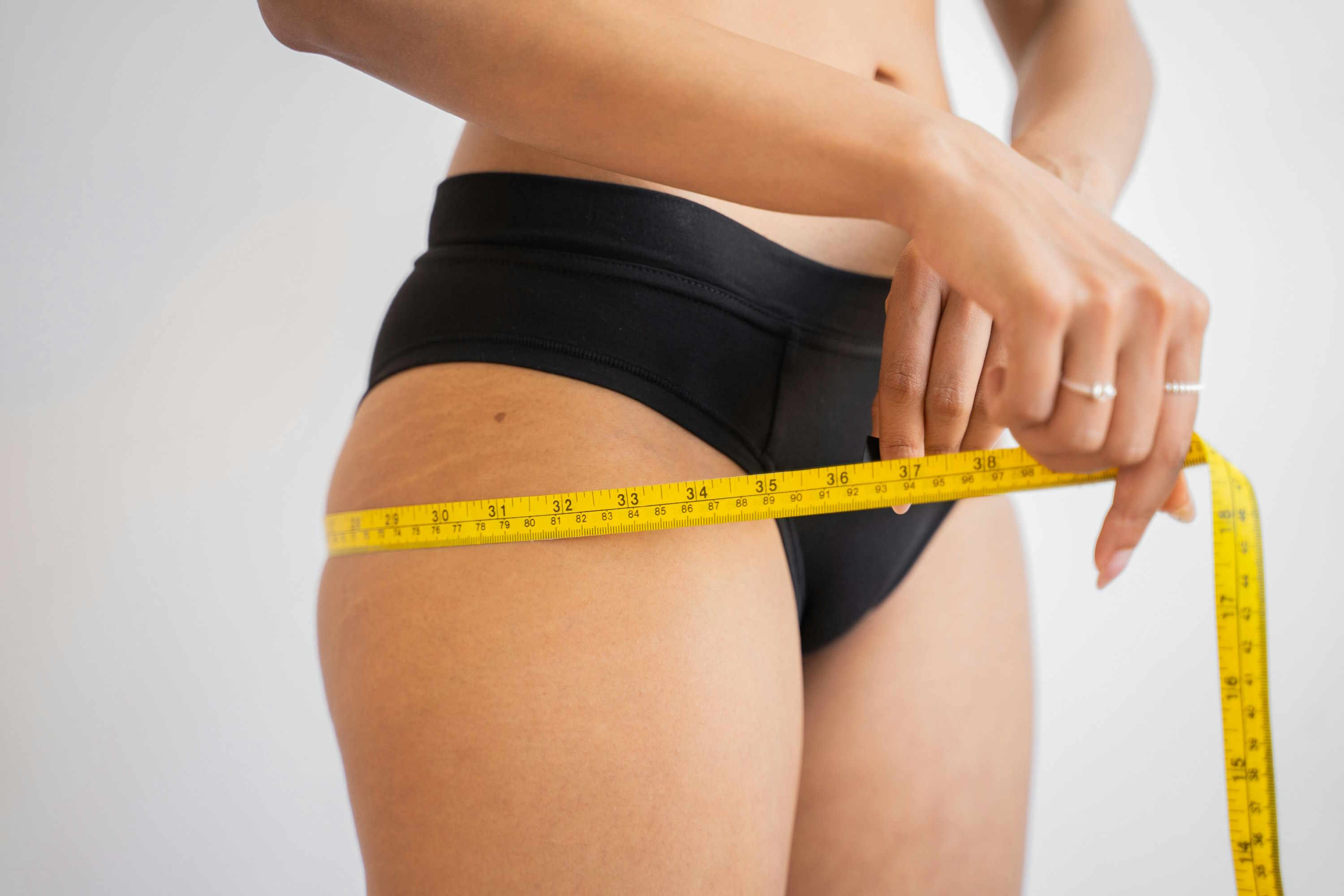What Happens to Your Body When You Stop Drinking Alcohol for 30 Days
Many people are surprised by how quickly the body begins to recover after cutting alcohol. From better sleep and clearer thinking to improved liver function and emotional balance, this guide walks through what happens in your first 30 days alcohol-free and the tools that make it easier to get started.
How does your sleep improve when you quit drinking?
One of the most immediate benefits you’ll notice when you stop drinking alcohol is improved sleep quality. Alcohol may help you fall asleep faster, but it disrupts your sleep cycle, particularly REM sleep, which is crucial for memory consolidation and emotional processing. Within the first week of abstinence, you’ll likely experience deeper, more restful sleep. Your body can enter the restorative stages of sleep more easily, leading to increased energy levels and better cognitive function during the day.
What changes occur in your liver during alcohol abstinence?
The liver is one of the organs most affected by alcohol consumption, and it begins to heal remarkably quickly when you stop drinking. Within the first two weeks of abstinence, fat accumulation in the liver starts to decrease. By the end of 30 days, liver fat can be reduced by up to 15%. This improvement in liver function leads to better toxin filtration, increased energy, and a stronger immune system. Your body becomes more efficient at processing nutrients and regulating blood sugar levels.
How does quitting alcohol affect your skin and appearance?
Experience the benefits of alcohol abstinence in just one month by observing changes in your skin. Alcohol is a diuretic, causing dehydration that affects your skin’s appearance. When you stop drinking, you may notice your skin becoming more hydrated, plump, and radiant within the first two weeks. Redness and puffiness, especially around the eyes and cheeks, often diminish. By the end of 30 days, many people report a more youthful appearance, reduced acne, and improved overall skin tone.
What mental and emotional changes can you expect?
The impact of quitting alcohol on mental health is profound. In the first week, you might experience mood swings as your body adjusts. However, by the second week, many people report increased mental clarity and improved focus. Anxiety and depression symptoms often begin to lessen as the brain chemistry stabilizes. By the end of 30 days, you may find yourself more emotionally balanced, with improved self-esteem and a more positive outlook on life.
How does alcohol abstinence affect weight and metabolism?
In the United States, where obesity rates are high, many are surprised to learn about the impact of alcohol on weight. Alcohol is calorie-dense, with little nutritional value. When you stop drinking, you’re not only cutting out these empty calories but also improving your body’s ability to burn fat. Within the first two weeks, you might notice a decrease in bloating and water retention. By the end of 30 days, many people report significant weight loss, improved digestion, and increased metabolic efficiency.
What are some tools and strategies to succeed in a 30-day challenge?
To unlock your body’s recovery with 30 days of sobriety, consider the following strategies:
-
Set clear goals and track your progress
-
Find alternative activities to replace drinking
-
Build a support network of friends, family, or support groups
-
Practice mindfulness and stress-reduction techniques
-
Reward yourself for milestones achieved
-
Stay hydrated and maintain a balanced diet
| Tool/Strategy | Description | Benefits |
|---|---|---|
| Sobriety Apps | Mobile applications designed to track sober days and provide motivation | Daily reminders, progress tracking, community support |
| Meditation | Mindfulness practices to manage stress and cravings | Reduced anxiety, improved emotional regulation |
| Exercise Routine | Regular physical activity | Improved mood, better sleep, weight management |
| Mocktail Recipes | Non-alcoholic drink alternatives | Satisfies the ritual of drinking without alcohol |
| Support Groups | In-person or online communities for those quitting alcohol | Shared experiences, accountability, emotional support |
Prices, rates, or cost estimates mentioned in this article are based on the latest available information but may change over time. Independent research is advised before making financial decisions.
Embarking on a 30-day alcohol-free challenge can be a transformative experience for your body and mind. From improved sleep and liver function to better skin and emotional well-being, the benefits are numerous and often surprising. By understanding these changes and utilizing the right tools and strategies, you can successfully navigate this journey towards better health and discover a new sense of well-being without alcohol.
This article is for informational purposes only and should not be considered medical advice. Please consult a qualified healthcare professional for personalized guidance and treatment.





